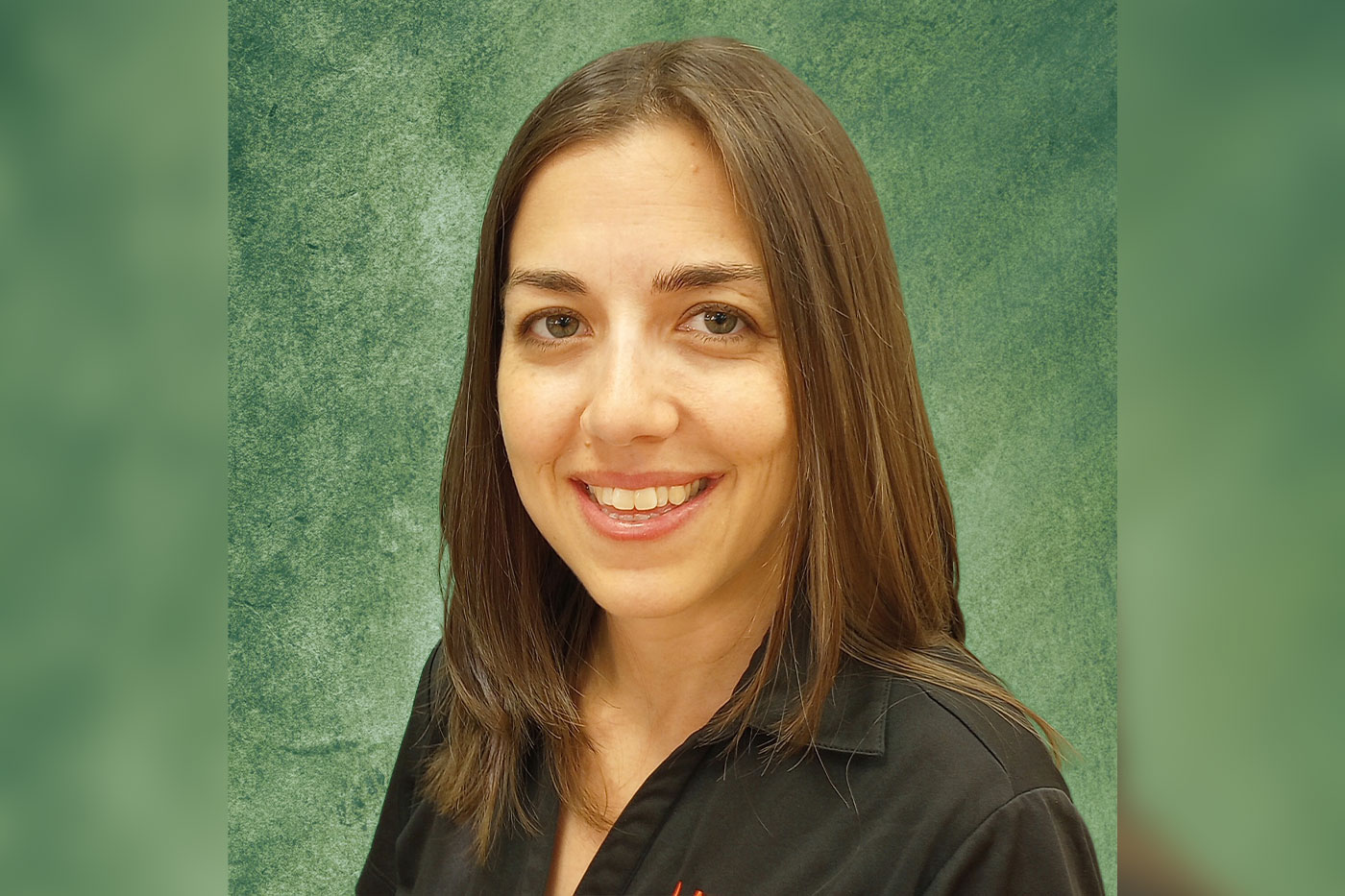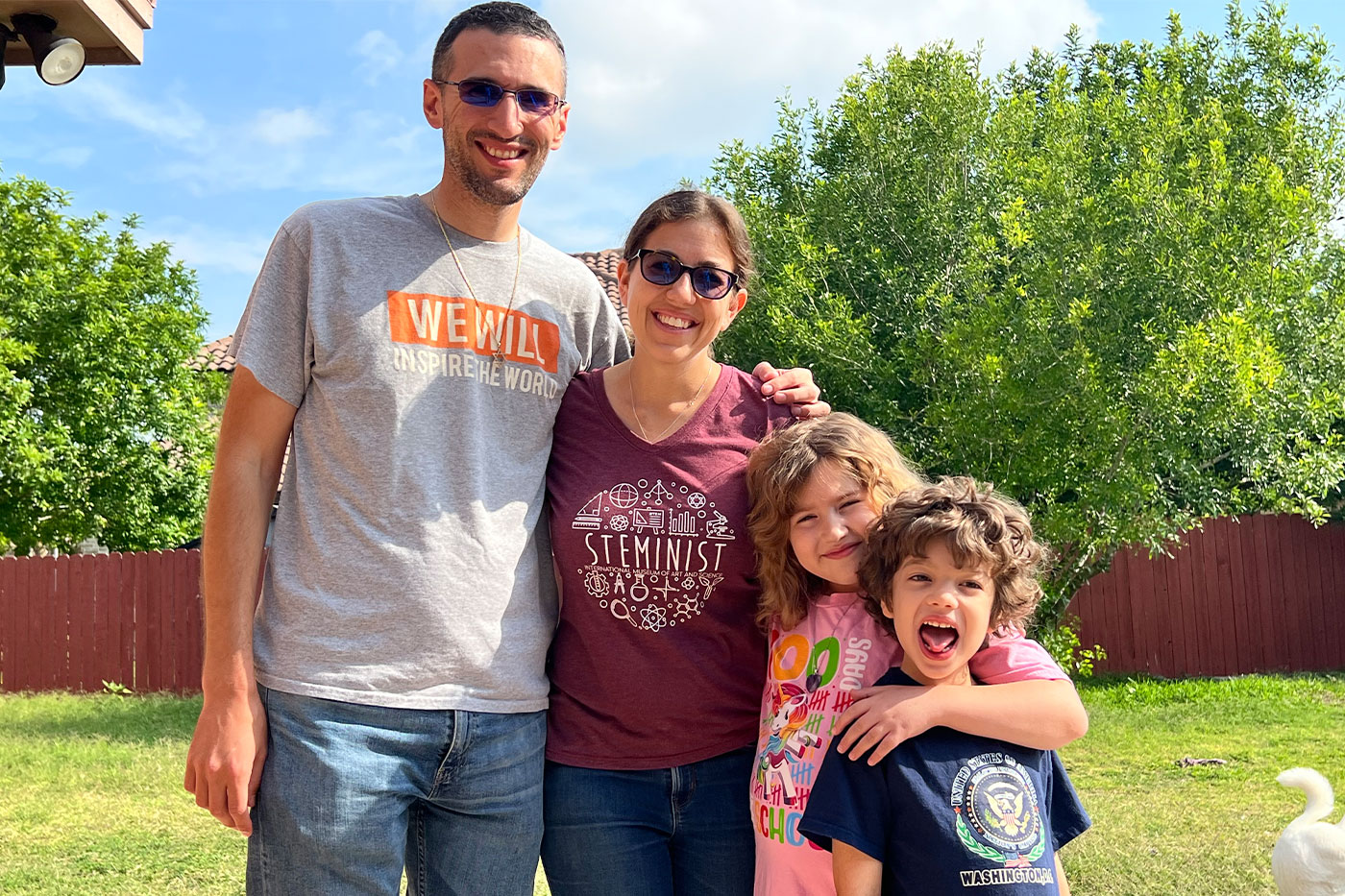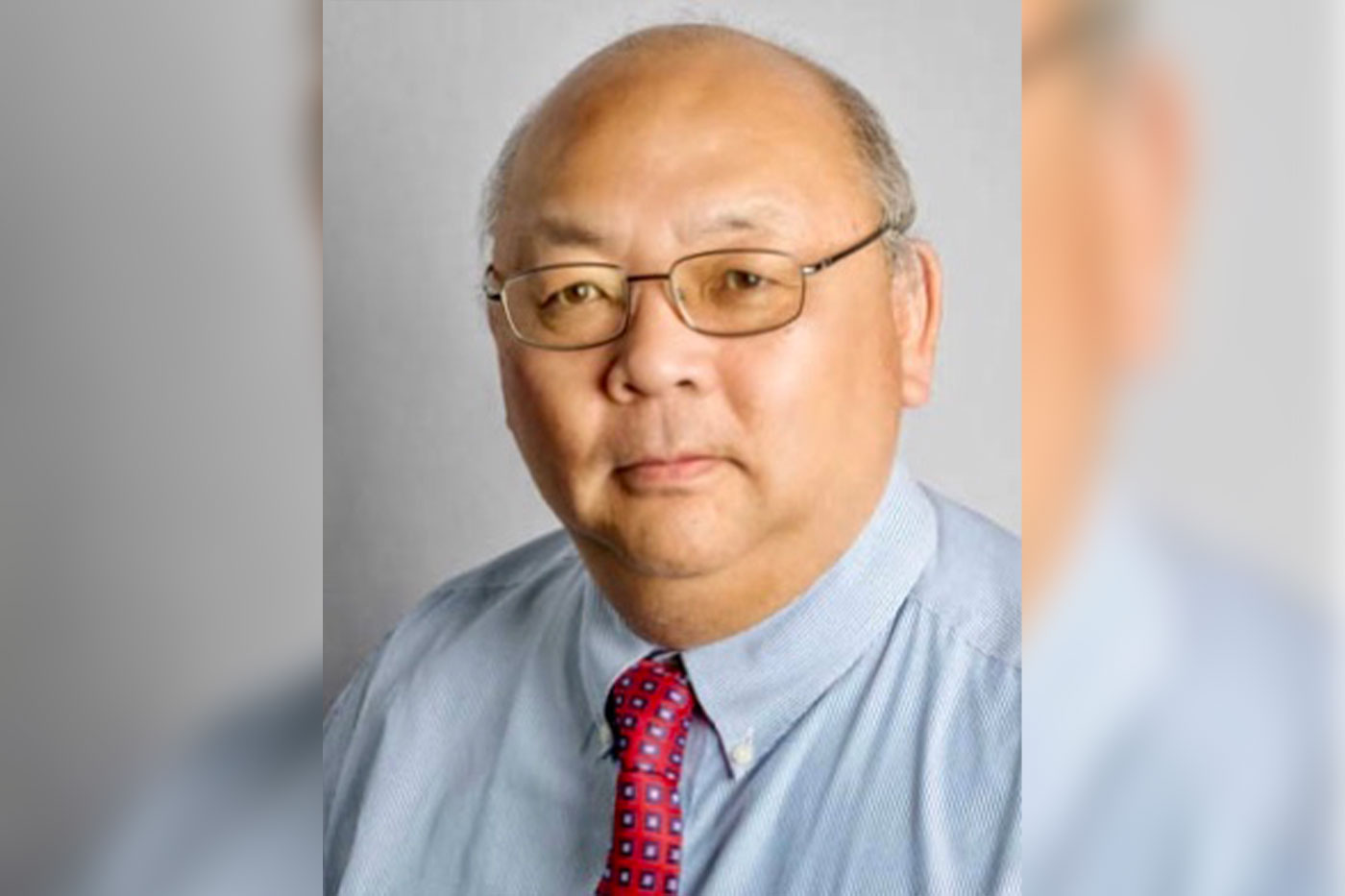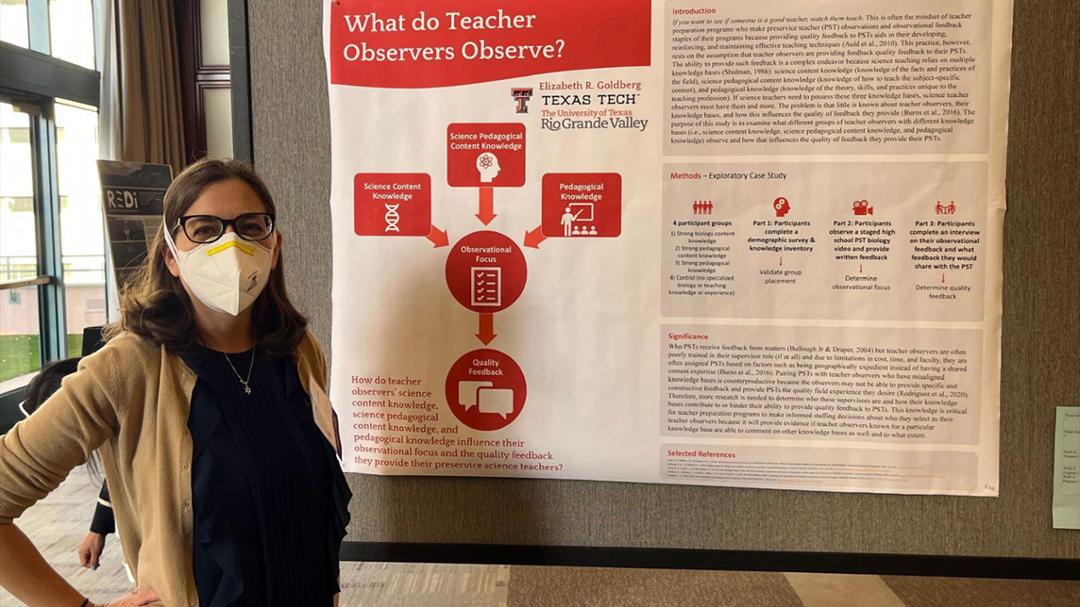Elizabeth Goldberg has received a Phi Kappa Phi national grant to complete her dissertation and online Ph.D. program.
Growing up in El Paso, Texas, Elizabeth Goldberg was one of those kids who used to play teacher all the time, even to the point that she would create lesson plans and test them out on her little sister. Her mother, a science teacher, was also a big inspiration.
Now, as an online doctoral candidate in Curriculum & Instruction, STEM Specialization, in Texas Tech University’s College of Education, Goldberg has earned one of only a dozen $10,000 dissertation fellowships granted across the country from the Phi Kappa Phi (PKP) honor society. Designed to support active society members in the dissertation writing stage of doctoral study, Goldberg plans to graduate this summer with that Ph.D.

With research focused on STEM education, teacher preparation and induction support – support provided for new teachers coming into the classroom – Goldberg feels strongly about teacher empowerment and is interested in how the mindsets of teachers, and those who work with them, can be used to elevate and support the profession.
Her dissertation focuses on teacher observers, the individuals who watch student teachers and provide them feedback.
“I am studying how teacher observers’ previous knowledge and experiences affect what they notice, and miss, when watching science student teachers’ lessons and how this impacts the quality of feedback they provide,” Goldberg explained.
Goldberg earned a bachelor’s degree in biology and a master’s in science education from the University of Texas and then worked as a high school science teacher in biology, chemistry and physics. After moving to the Rio Grande Valley with her husband, she taught four more years before being hired in her current position as an educator in the UTeach program at The University of Texas Rio Grande Valley (UTRGV). Now she teaches college students how to become middle and high school STEM teachers.
Goldberg was always interested in earning a Ph.D., but it was her husband who pushed her to apply. He saw how much she loves to learn, especially about ways to improve STEM education.
“After he finished his master’s, he told me it was my turn, and I needed to take the plunge and get the Ph.D. He even offered to do the dishes until I finished and has kept that promise for the past five years,” Goldberg chuckled.

When she was applying six years ago, finding a program that fit her life – including not relocating her family that also comprises a 5-year-old son and an 8-year-old daughter – was a challenge. There were in-person programs. There were programs that were just math or just science. There were programs that had both but were Ed.D.’s (Doctor of Education).
“But to find a doctoral degree in STEM education that was online, Texas Tech was pretty much the only one offering it,” Goldberg said. “And it is such a great program. I have been so happy with it. It’s been better than I thought it was going to be at the time, because this was before COVID. Online programs, virtual learning, distance learning weren’t quite as accepted in the mainstream.
“It’s been amazing because they don’t treat you like you're separate. They don’t say, ‘Oh, well, here are my real students. And then here are my online students.’ It is by design that you are integrated into a full Ph.D. program.”
Even though all of her classes were online, she would still meet together with her cohort and work together with other graduate students. Goldberg has made a lot of friendships and relationships with those students, and the professors are fantastic, she says. They also take seriously the mentorship of the doctoral students including introducing them to conferences and how to apply to conferences, which ones to go to and how to present. They do a lot to get the students to publish, whether it’s partnering them with another person, or doing it together as a group from the class.
“You feel confident, publishing on your own and doing research,” Goldberg said. “I got hired as a distance researcher, which not every program would do. That is a lot of work on the part of my dissertation chair, Dr. Wang, to make that happen. There was a lot of paperwork. But it was important to him that I got research opportunities.”

Jian Wang is a professor and the Helen Devitt Jones Chair in Teacher Education. He has been working with Goldberg for about four years and was happy to endorse her for the 2025 Phi Kappa Phi Dissertation Fellowship.
“Elizabeth is one of the most talented and established doctoral students I have ever worked with professionally,” Wang said. “She is eager to take on the challenge of developing a dissertation with a sophisticated design, which holds great potential for an observation-based understanding of science teaching practices and the factors shaping such observations.”
The 12 recipients were selected based on a number of criteria including how the fellowship will contribute to the completion of the dissertation, the significance of original research and endorsement by the dissertation chair.
“This award recognizes our recipients’ commitment to the love of learning and their dedication to research and discovery, and we are honored to support their academic journey,” said Society Executive Director and CEO Bradley Newcomer. “I look forward to seeing how their work contributes to the advancement of knowledge and makes a lasting impact in their fields.”
Goldberg says the financial help from the fellowship has helped immensely with the completion of her dissertation and will continue to do so after she dons the graduation regalia of gown, hood and tam in May.
Her doctoral degree in the social sciences may not have been as expensive as other programs, but there was a lot she was able to do – and will do – with the money.
She created a video of the lesson that the study subjects were going to observe. She could have just given them random videos, but there were very specific things she wanted the teacher observers to see. She was able to provide stipends for the students who acted out the script. She purchased software to transcribe and analyze the data.

“I’ve also been able to share those results at conferences and in publications”, she added. “One thing I love about Texas Tech is it has a lot of scholarships and grants for conferences. But once I graduate, I’m not going to have access to that. I’m going to want to share my dissertation research, so I’ll be using some of that for next year, once I’ve graduated, so I can pursue that.”
Goldberg not only earned the fellowship but was named the Missy Hopper Dissertation Fellow. Hopper served on the Phi Kappa Phi board of directors, helping to design the fellowship, and every year they name one of the fellowships in her honor for her years of service to the organization. Goldberg was humbled to have received the fellowship in Hopper’s honor, especially since Hopper was an education professor.
In addition to the financial support, Goldberg said the fellowship has been an emotional boost. Completing a dissertation can be a grueling process.
“Having PKP believe in me and value my work has helped reinvigorate me to cross the finish line,” Goldberg said, getting a little emotional. “And the Texas Tech doctoral program itself is just phenomenal.
“I have actually recommended it to friends who are now starting the program themselves, because it’s a good fit for them. Like me, they are looking for a top-tier virtual Ph.D. in education. With Texas Tech, it’s possible.”

